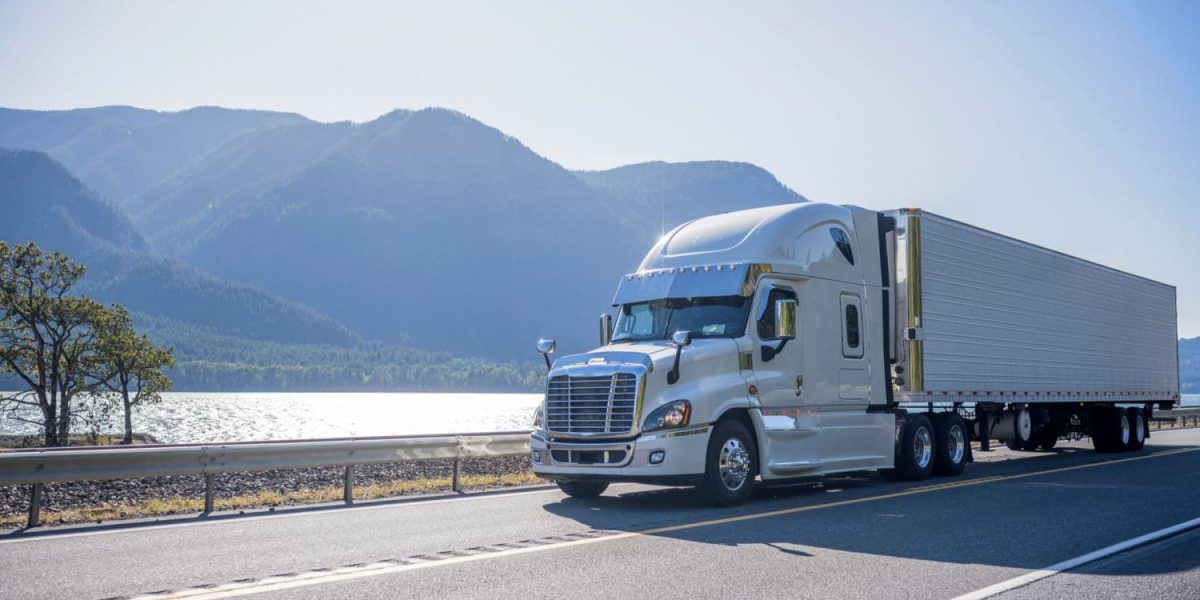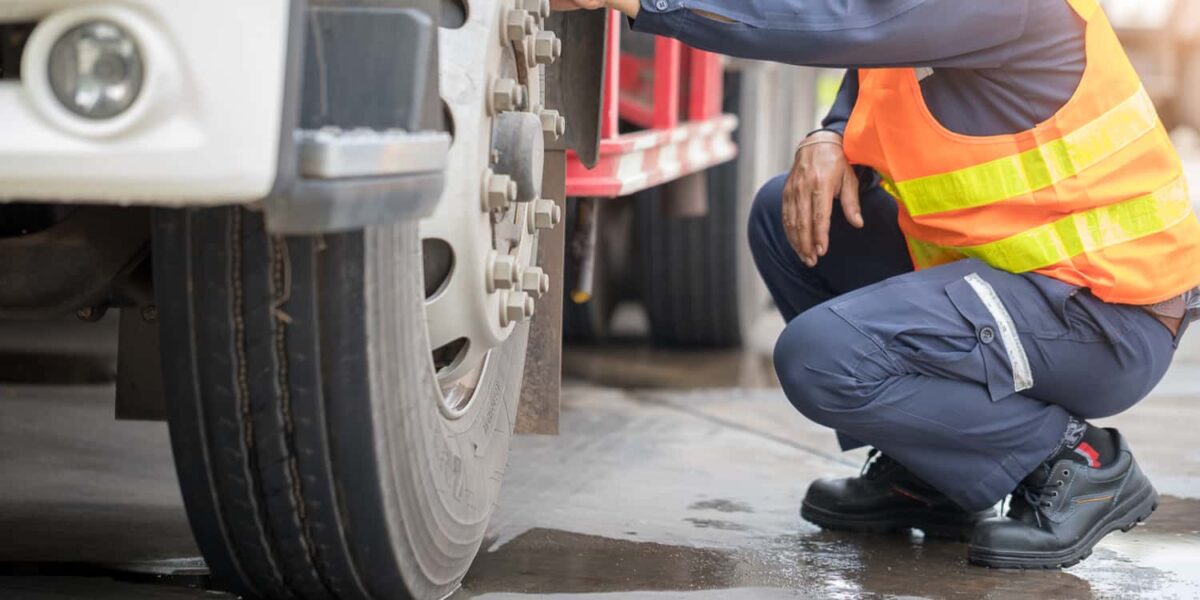You want to know as much about your employees as possible, even before you hire them. This way you can make the most informed decision and create a team that’s suited to carry out your mission. Hiring the right team means limiting injuries, damages, and accidents, and helping people make the most of themselves. Continue reading and see why pre-employment drug screening is necessary.
Building the Right Team
You need to know who you’re bringing on board, which is why background checks and drug tests are standard procedures for the hiring process in many cases. Pre-employment drug screening helps you hand-pick exactly the people you want to represent your brand and carry your business forward. Bringing someone with a drug problem onto the team can be bad for your business, your team morale, and the employees that you hire.
Avoiding Accidents
A drug-free workplace stands to be more productive and efficient, which is crucial if you want to stay ahead of the competition. No matter what kind of business you run, chances are someone else runs a similar business, so make sure your team is in top shape to attract and keep your customers. Pre-employment drug screening makes it easier to do this. Accidents set you back, damage inventory, and can sideline employees due to injury, so do your best to avoid them.
Helping People
Addiction is a disease, and it’s a difficult one to deal with. Pre-employment drug screening makes it clear that your business won’t tolerate drugs, which can motivate drug users to try to kick the habit, so they can be employed at your company.
If you’re looking for qualified professionals to help you craft the best team possible, contact HDS Safety Services. Our drug screening services can help you identify the best candidates for the job. Give us a call at (520) 622-0419 or look through our website.


















